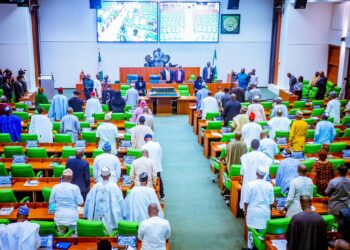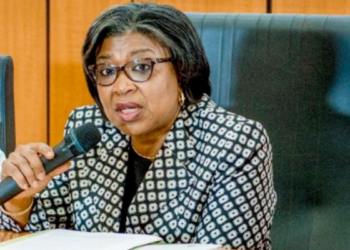In Africa, where the payments revolution has seen a huge amount of the world’s mobile money pass through Africa-based and led payments platforms, a race to capture the African crypto market has accompanied wider increased investment interest in cryptocurrencies.
Twitter’s CEO, Jack Dorsey, last year, announced he would be moving to Africa to explore the opportunities in crypto (though he changed his mind later).

The crypto-industry went from strength to strength in 2019. It has been professionalizing and the bitcoin price has been stabilizing, and much like the dotcom boom and crash, the products and services that offer real value to consumers and investors are proving to have staying power.
Africa is rarely mentioned among the largest markets for cryptocurrency, but it may be set to steal a march over other markets,” says Rakesh Sharma, a business and technology journalist.
[READ MORE: Cryptocurrency: Discern investors’ goldmine)
Sharma said that citizens of countries battling high inflation were likely to opt for cryptocurrency, because “with their paradigm of decentralization, cryptocurrencies offer an alternative to disastrous central bank policies.”
It is also becoming apparent in the geopolitical tumult of the US-China trade war and Brexit, and alongside government failures such as those in Venezuela and Zimbabwe, that crypto is an important hedge against political risk, in providing a means to diversify assets externally.
That African governments are not regulating cryptocurrency may be a factor spurring its growth on the continent. However, there is no guarantee that governments will not change their current mindset.
Rather than simply not wanting to, governments may be powerless to regulate cryptocurrency, the Central Bank of Nigeria (CBN) indicated recently. Currently tackling the country’s 12.2% inflation rate, the CBN announced that it could not control or regulate Bitcoin, “just the same way no one is going to control or regulate the internet. We don’t own it.”
Fearing a collapse of the banking industry or arbitrary appropriation of money by the government, Africans without access to banks and who live in politically unstable countries could be attracted to cryptocurrencies.
Bitcoin transactions help to eliminate the procedural bottlenecks that plague traditional banking and financial services,
As one of the most outstanding fintech innovations of the decade, crypto technology holds enormous promise for allowing countries to restructure their economies and leapfrog the constraints of the global economy, although there is still a long way to go.
[READ MORE: French Government addresses the danger of Facebook’s Cryptocurrency)
Recently, Rapper and entrepreneur, Akon said, “We have so many currencies in Africa. A lot of them are unstable, and most of them are untrusted. It got to the point where the day-to-day African people don’t even use the currencies any more, they’re using their cell phone minutes and credits as a way of trading for basic goods like produce, fish, fruits and things on the market.”
Africa should warmly embrace innovation. Truth be told, Africa needs blockchain technology and its resultant cryptocurrencies more than any part of the world.






















